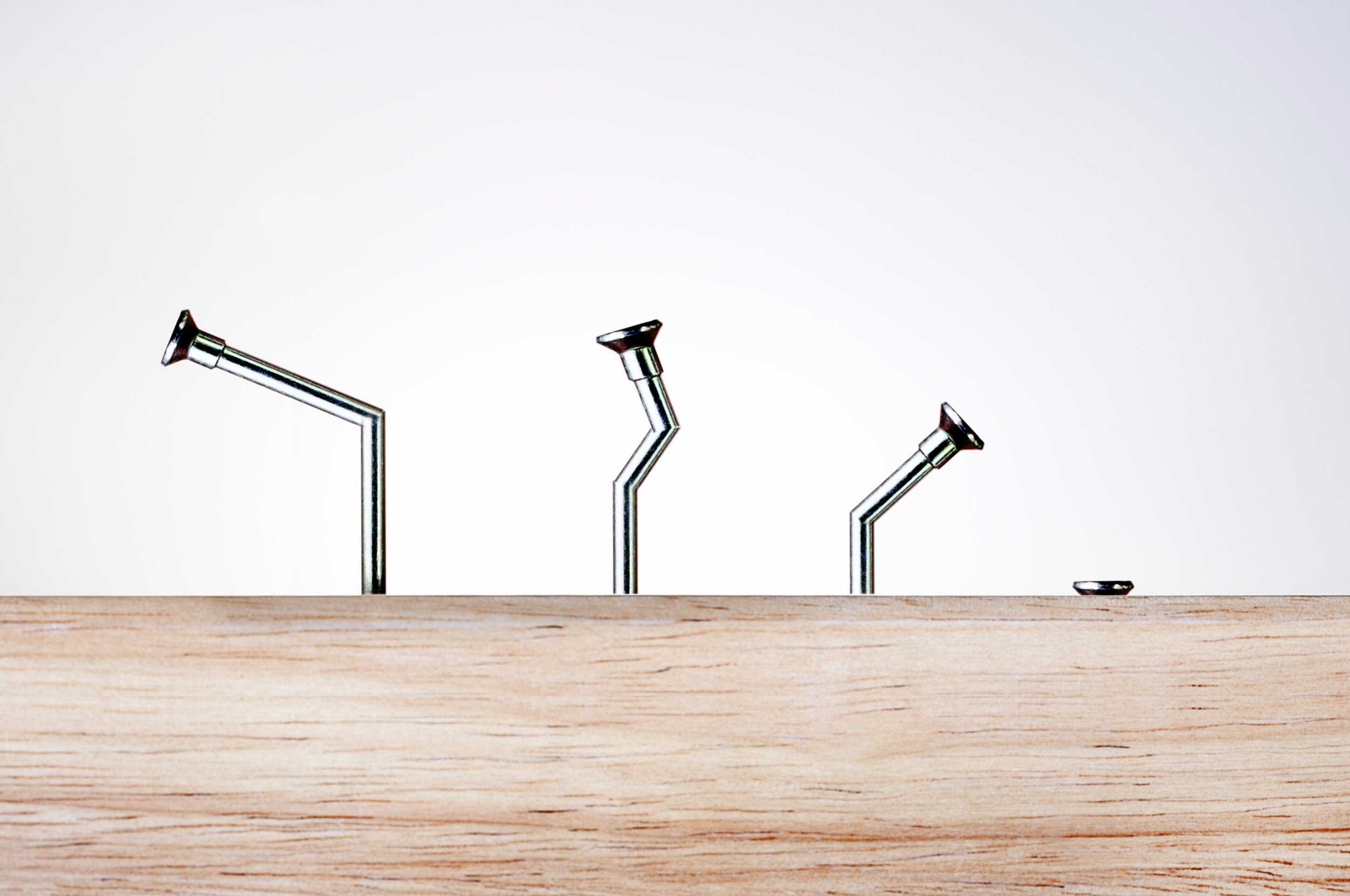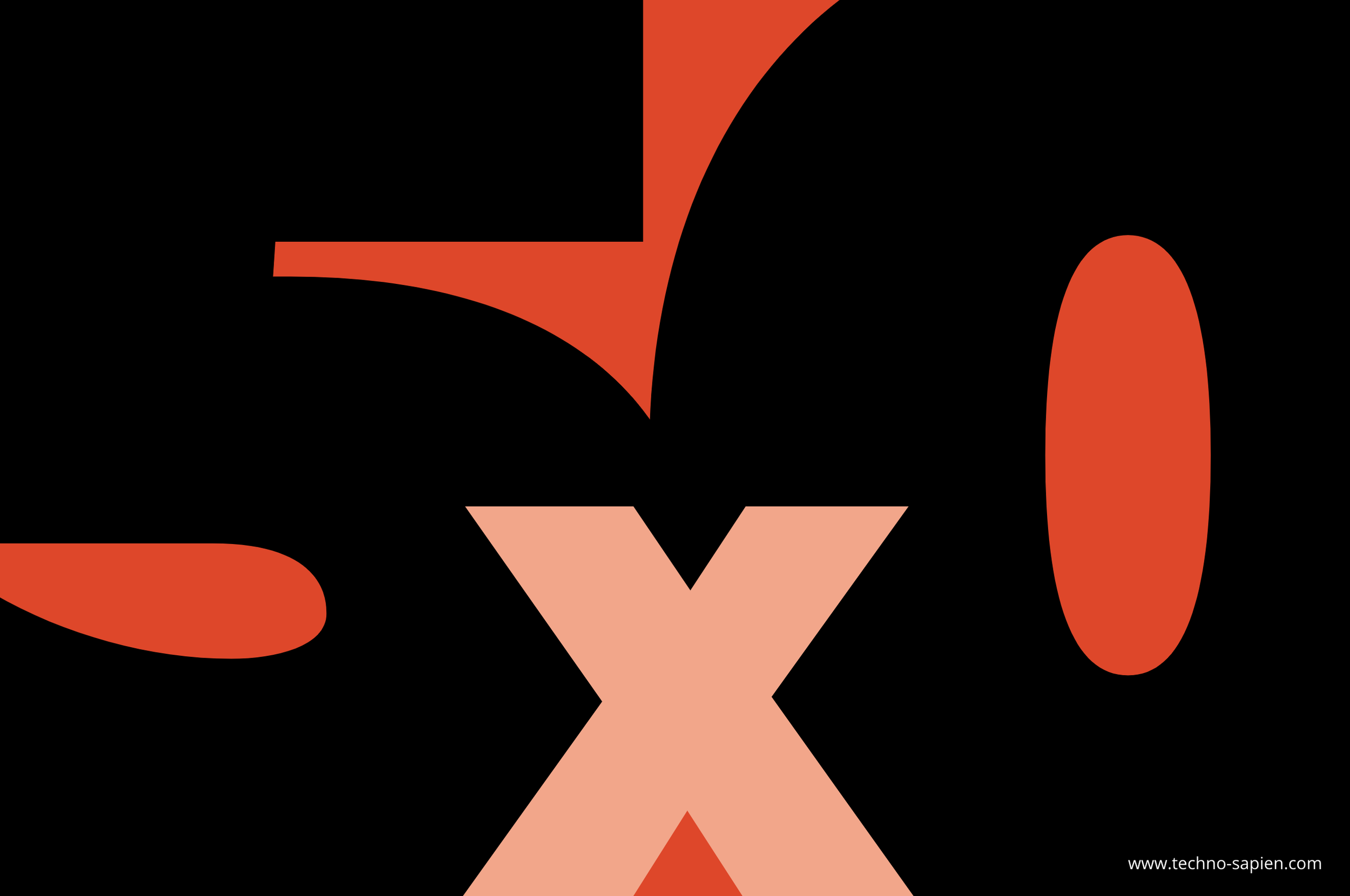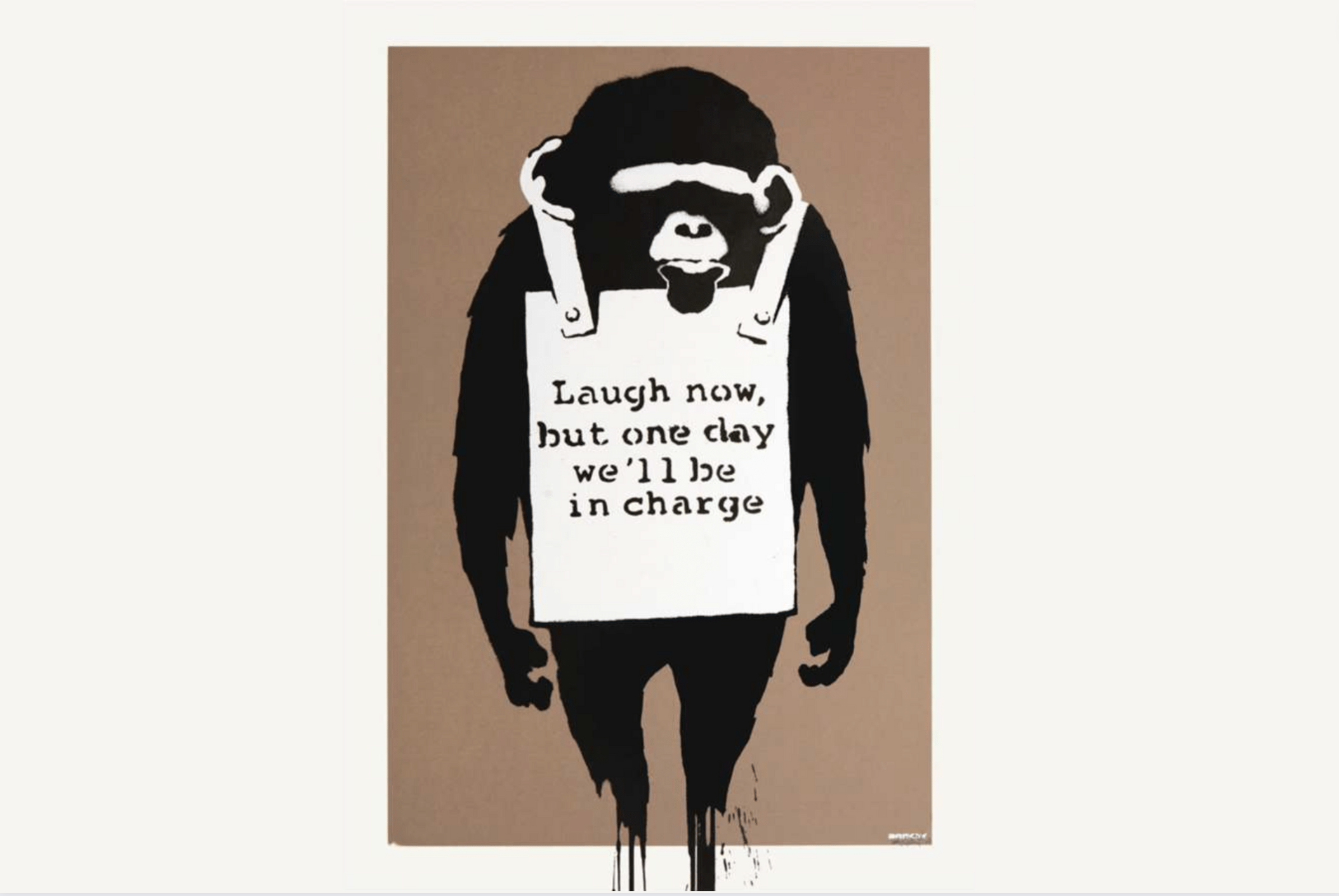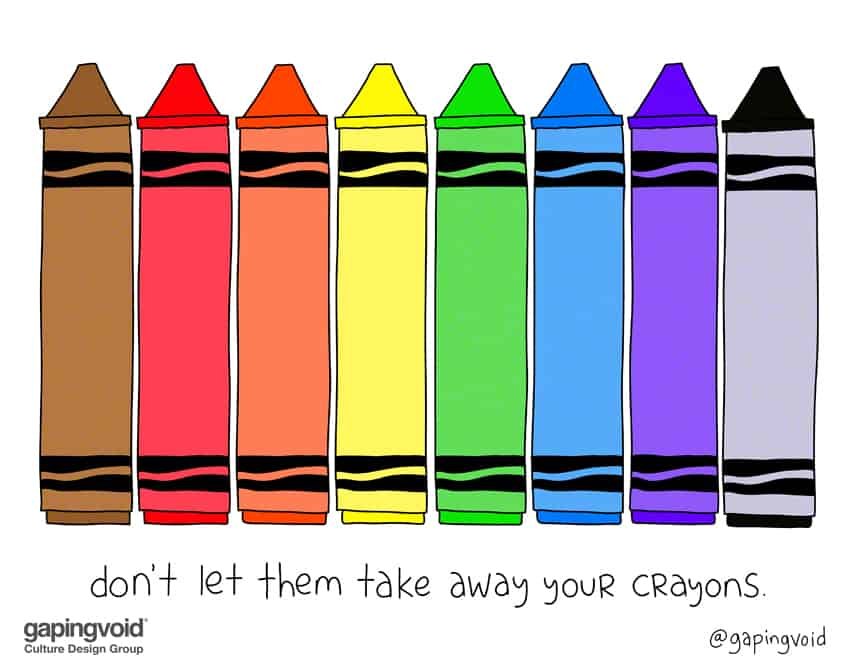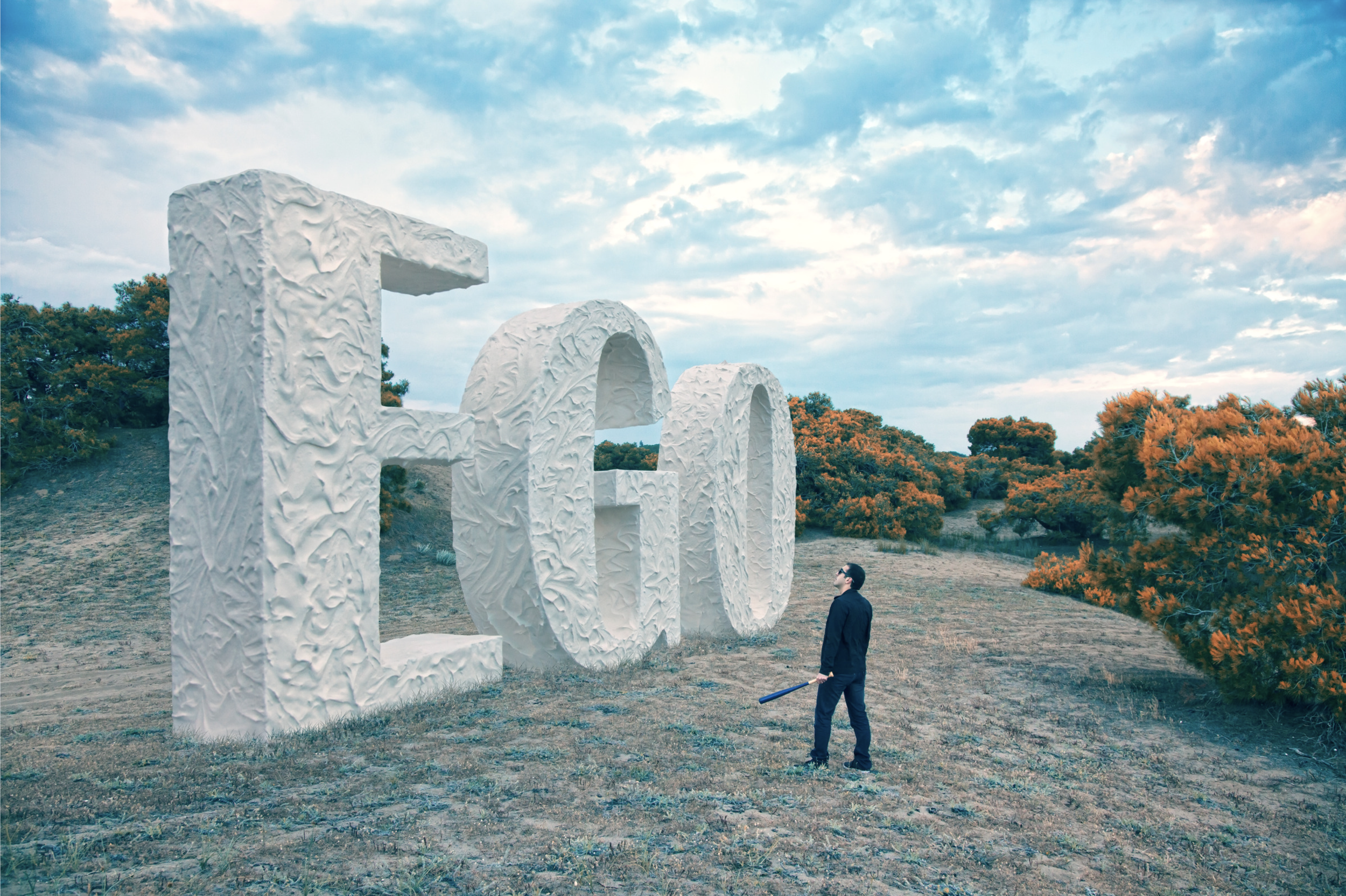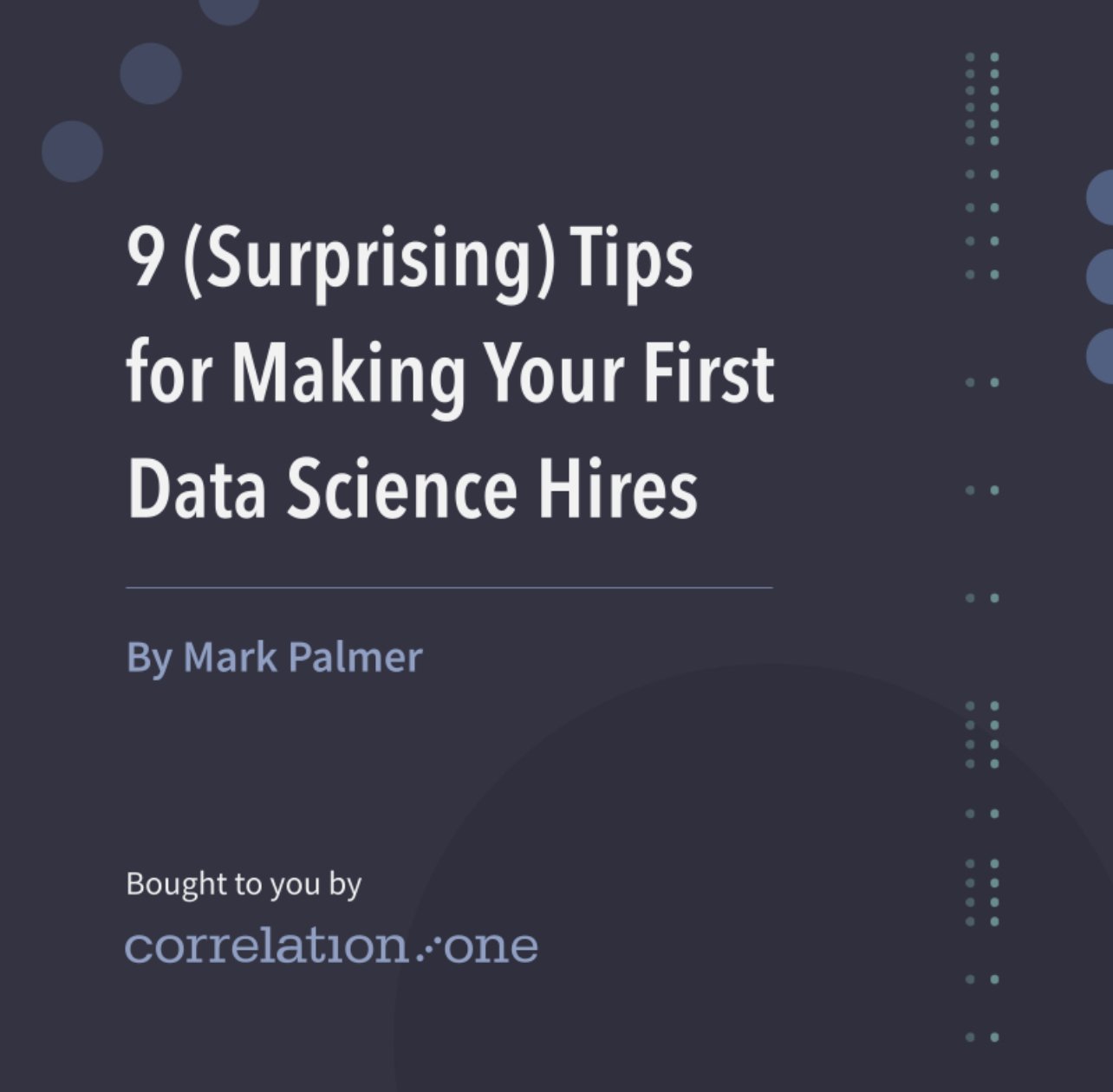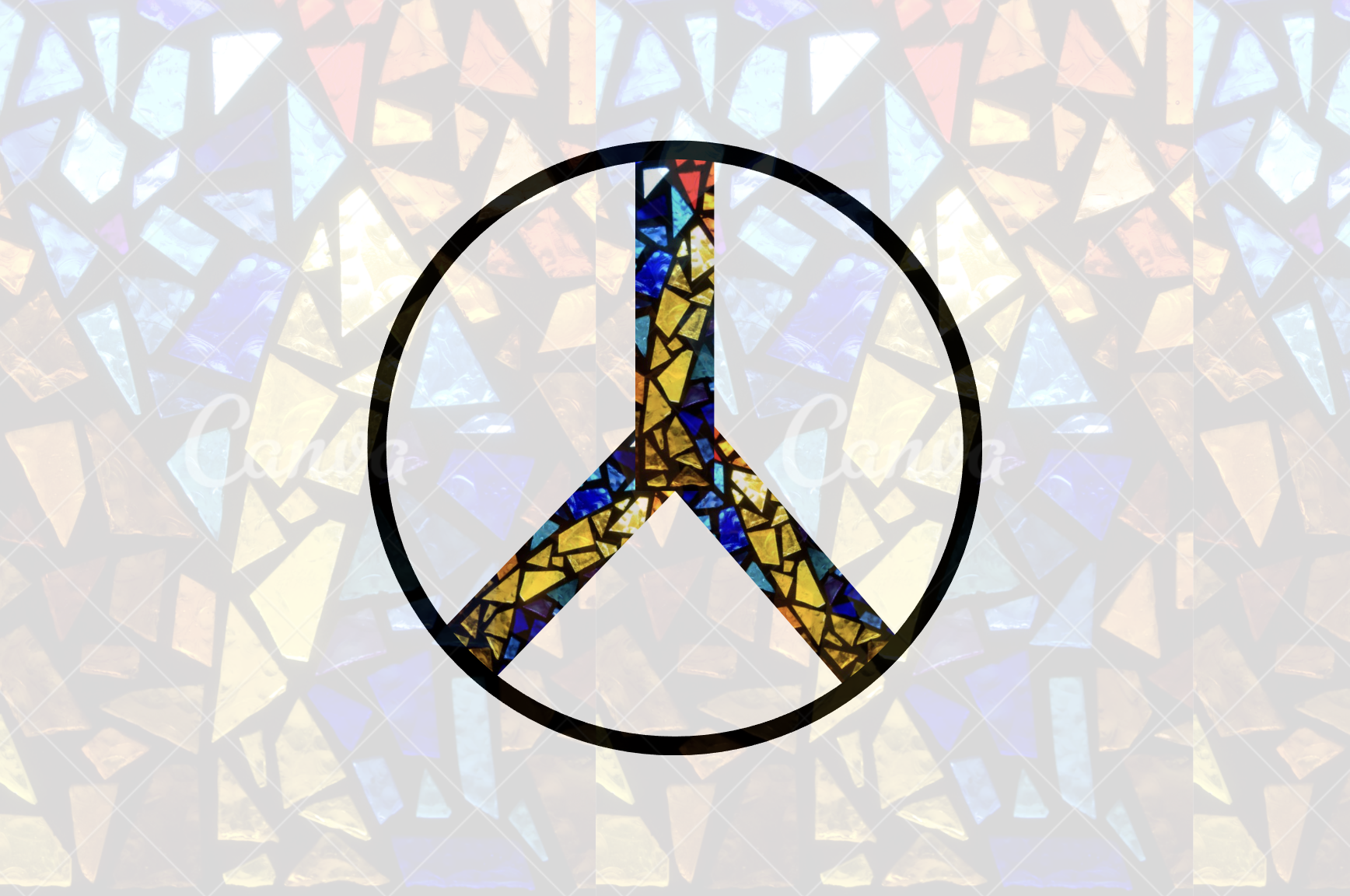Work Sparks Joy, Not Leisure.
An ancient, counterintuitive observation is confirmed by modern data. How can we use this knowledge to lead a happier, more meaningful life?
Work sparks joy, not leisure. Roman philosophers observed this two thousand years ago, and data confirms it today.
Psychologist Mihaly Csikszentmihalyi collected data that overwhelmingly supports this ancient observation. In his "Experience Sampling" research, subjects were alerted randomly eight times a day and logged how they felt: happy, anxious, sad, joyful, nervous…
His team captured over 100,000 data points. 52% of the "happy" reports happened during work; 16% during leisure. Modern research confirms what the Romans suggest: joy comes from effort, not leisure.
In FLOW: The Psychology of Optimal Experience, Csikszentmihalyi identified 16 sources of flow, how to nurture it, and why it's so misunderstood as the key to a meaningful, happy, joyful life.
Flow can come from physical, sensual, or intellectual activity during sports, yoga, music, taste, sex, dance, research, pondering art, science, games, wordplay, studying history, philosophy, or, of course, your day-to-day job.
The type of effort matters--it must be challenging but not too much and aligned with purpose. Csikszentmihalyi calls this "The Flow Zone," shown below. He found that if the work is too easy, we get bored and frustrated if it's too hard.
The Flow Zone. FLOW: The Psychology of Optimal Experience by Mihaly Csikszentmihalyi.
Why Don't We Know This?
So why do most of us complain about work, look forward to the weekend, and thank God for Friday?
Csikszentmihalyi identified to root causes for the Work Sucks Effect.
First, work has a bad PR department—friends, family, billboards, TV ads, and pop music trash work and glorifies leisure. From "Take This Job and Shove It" to "I don't want to work, I just want to bang on the drum all day," work gets a bad rap.
The second reason is trickier: humans tend to dismiss direct experience. We don't slow down to notice, reflect upon, digest, and celebrate that challenging effort makes us truly happy, not just the weekend. As Ralph Waldo Emerson "We are always getting to live, but never living."
Consciousness Control is the Key
So if the human mind ignores what makes us happy and society is a co-conspirator, how can we improve our lives?
Clear intentions and consciousness control are the answer. Control over our consciousness and a clear sense of meaning are magnetic fields for joy. Attention attracts us towards some objects and away from others.
You improve consciousness control by awareness training, journaling, yoga, visualization, and affirmations--there's an ocean of readily available techniques.
But don't worry, you don't need to check into a Yoga retreat to study Zen. Csikszentmihalyi wrote, "What an individual yogi can do is amazing—but so is what a plumber can do, or a good mechanic."
Jerry the Plumber Got It Right
"I had two careers: first, I was a fashion photographer, then, a plumber," said Jerry.
I replied, "That's two very different choices!" Jerry hated photography, although his friends were impressed by the travel, glamour, and "his new girlfriend every week." Then, on a whim, he tried plumbing. He loved it. "Each plumbing job is a challenge. I love getting stuff done. I looked forward to every day.
Jerry found his flow.
Find Your Flow
Neuroscience, cognitive science, and phenomenology all point to the same answer: any small gain in consciousness control makes more joyful. It's a simple finding but not easy to do. Maybe the best way to do it is to whistle. In the 30s, Disney got a lot wrong with Snow White but got one thing very right: you gotta whistle while you work.
FOOTNOTES / REFERENCES / FOR MORE READING
The Flow source: FLOW: The Psychology of Optimal Experience by Mihaly Csikszentmihalyi. “Csikszentmihalyi arrives at an insight that many of us can intuitively grasp, despite our insistent (and culturally supported) denial of this truth. That is, it is not what happens to us that determines our happiness, but the manner in which we make sense of that reality. . . . The manner in which Csikszentmihalyi integrates research on consciousness, personal psychology and spirituality is illuminating.” - LA Times
A good short take: Liking Work Really Matters in the New York Times. They wrote, “We have all had to work on tasks we detest: Calculus homework, for example, is boring and hard. As soon as we start, we feel mentally exhausted, and the quality of our work suffers.
Now imagine you are an aspiring architect. Learning how calculus can help you design more creative and ambitious structures could be fascinating. Instead of feeling exhausted by your homework, you might feel energized and could work on it all night. The same work, but with a very different psychological effect."
The ancient take: Stoicism and Flow Meditations. This annotated edition of Meditations by Marcus Aurelieus is my favorite. It “offers the definitive translation of this classic and much-beloved text, with copious notes from world-renowned classics expert Robin Waterfield.”
For data nerds: Learn about the Experience Sampling Method. Participants report on their thoughts, feelings, behaviors, and/or environment in the moment (right then, not later; right there, not elsewhere) or shortly thereafter.[3] ESM studies can also operate fully automatized on portable electronic devices or via the internet.[4] The experience sampling method was developed by Larson and Csikszentmihalyi.
FAQ: Does the Type of Work Matter? Does the type of work matter? Not much. Managers experience more flow at work (64%) than blue-collar workers (47%) and blue-collar workers are happier in leisure (20%) than managers (15%). But the paradox remains.







